Curated By You: Tara Viggo Makes Paper Theory Miller Trousers
Whilst preparing the interviews for Curated by You, one name, or rather one pattern kept popping up- namely the Zadie Jumpsuit. This prompted me to do a little research , and I was rather thrilled to find out that not only was Tara Viggo living in London as am I, but we happen to share a couple of friends through our love for sport. Coincidentally Tara and I met yesterday at a local market and she was indeed as genuine, beautifully radiant and charming as I imagined her to be. This incident of connection is one predominant reason I decided to embark upon the Curated By You series. I was once told by Yvonne Fuchs, a business mentor and dear friend, that everyone you need to grow your business is already in your vicinity of connections, the lesson is to uncover your goals and overcome the fear of reaching out. She pointed to the room and said- within this group you will find a designer, a lawyer, an illustrator, a copy writer, a photographer- all you have to do is connect and work out how you may help each other. Alot of the time we are struck by fear or embarrassment, which prevents us from connecting to those individuals we admire, thus robbing us of opportunity to get to know another beautiful human who may one day become a partner, a collaborator or even a friend.
Tell us a bit about yourself and what you do.
My name is Tara Viggo and I am the founder of Paper Theory Patterns. I am originally from
New Zealand but have been living and working in London as a professional pattern cutter for
the last 13 years. I got sick of the fast pace of Fashion week, not to mention a serious dose
of the guilts contributing to what I felt was an unsustainable industry – so in 2016 I decided to
start my own pattern brand. Paper Theory was created in a quest to help others who, like
myself wanted to get as far away as possible from the fast fashion system – but didn’t want
to leave fashion altogether. I sell simple, minimalist sewing patterns but always with
interesting cuts and shapes so others can create their own slow fashion wardrobes.
Talk to us a little about the creation process- from idea to final product. How big is
your team?
My team consists of only myself, so obviously that has a big impact on the way I work. It
means my processes aren’t always linear and can be a little all over the place and my day to
day tasks will vary depending on my mood. Most of my designs are born from gaps in my
personal wardrobe. Instead of worrying about the trends and what’s on the catwalk – I worry
about what pieces I need in my wardrobe to make my life easier, more comfortable and
more functional. The biggest benefit to having a team of one, is not having to convince
anyone else of my ideas. I figure if I’m in need of something that’s chic and easy – someone
else will be looking for that too.
What do you love most about having your own business?
When I worked in the fashion industry, I didn’t have much say on the projects I worked on.
Sometimes I had to work with brands and influencers I didn’t feel comfortable with, use
manufacturing processes I didn’t agree with and I was always having to compromise
somewhere. Now I can choose to focus my energy on topics I think are important, I can
choose who I collaborate with and what direction I want to take.
Having the freedom to create a business that celebrates people over profit is an extremely
privileged position to be in and I never get sick of seeing how happy my patterns can make
some people. On the surface, making sewing patterns is just a process of pushing geometry
and body measurements around on paper – however the real-life implications mean so much
more to my customers. I’ve had emails from multiple people saying they’ve never been able
to buy anything off the rack in a store that has ever fit them well and making one of my
patterns is the first time they’ve ever felt good in clothes. Enabling other people to make their
own clothes gives them choice, power and autonomy and I’m eternally grateful I get to spend
my days making that kind of impact in the world.
As a child, what was your first encounter and memory of beauty?
I have very vivid memories of my mother getting ready for work in the mornings when I was
small. She used to swish out of the house in a long black trench coat and a heady cloud of
hairspray and Chanel No5 (I am a child of the early 80s) I always thought she looked so
beautiful and powerful and I remember thinking she must have been off to do very important
things. I still love the silhouettes of that time period and while its not intentional, many of my
customers comment that they feel strong 80s workwear vibes in the cut of my patterns.
Can you talk us through a failure or a setback in your business that you learned from
or an experience that helped improve your business.
When I was first setting up Paper Theory, I was trying to do everything myself. I was having
a particular problem with one of the digital aspects of selling online and I spent all day and
all night for WEEKS trying to figure out a solution to my problem and testing out my hopeful
theories. When I was ready to throw the whole idea of starting my own business away, I
finally asked a friend for their opinion and with nothing more than a quick glance he told me
what the obvious answer was. I felt like a real dummy. Not because I wasn’t able to figure it
out, but because it wasn’t obvious to me to ask for help earlier. I’ve always been fiercely
independent, but it can often be at my detriment. Learning to ask for help with my
weaknesses instead of trying to hide them has been a game changer for me.
Name a book that you’ve recently read which inspired you and why?
I recently read the book “Natives” by Akala which is a discussion about Race and Class in
the British Empire. It’s strange to think how strongly the words of a half British, half Jamaican
Male Rapper would resonate with me, but as someone who is also mixed race the way he
breaks down his identity within the confines of Imperialism really answered a lot of questions
I had often wondered about myself. As someone with a creative career, it made me realise
that a lot of my education in the arts was taught through a European lens, and it has really
inspired me to delve more deeply into exploring the art of my Polynesian Ancestry.
Specifically, I’m really inspired to learn more about our strong history of textile arts and begin
incorporating some of those skills and ideologies into my day to day creative practice.
What was the first thing you ever remember making on your own? Tell us about this
memory.
I used to customise my sneakers when I was 8 or 9 years old. I was desperate for a pair of
nikes but my parents wouldn’t buy them for me so I would draw big nike swooshes on the
side of my plimsolls and decorate them with marker pen. I was certain I had tricked
everyone, and I thought I had the fanciest shoes in school but looking back I don’t think
anyone even noticed and I was probably the only 8 year old who was so obsessed with their
wardrobe.
Do you have a mentor or a muse?
Absolutely the musician Patti Smith. Other than how good she looks in a crisp white shirt, I
find her unapologetic need for self-expression to be really brave and inspiring.
My favourite quote of hers that has a recurring impact on my work is:
“Build a good name. Keep your name clean. Don’t make compromises. Don’t worry about making a bunch
of money or being successful. Be concerned with doing good work. And make the right choices and
protect your work. And if you can build a good name, eventually that name will be its own currency.”
Whenever I’m being indecisive or wavering over direction I listen to some Patti Smith and
things seem to sort themselves out.
How important is social media to your business?
It’s very important. Social media gives us a platform to let the world know who we are and
what we stand for. It’s a powerful tool that ordinary people like me wouldn’t have had access
to only 10 years ago. Obviously, it comes with its own host of problems, but the flip side is
there’s never been an easier time to start your own business, nor a faster way to find your
people and community.
Do you have a community of crafters / makers around you or do you find you are on
your own?
90% of my day I’m alone in the studio with a pair of headphones on. However, I work in a big
building that was once an old industrial warehouse, it has since been repurposed to house
many other artist studios which is great as I don’t find a lot of my inspiration for clothing
comes from fashion. I’m far more inspired by other creative disciplines and love seeing what
the painter next door to me is working on. I love to see how a ceramist is dealing with texture
and weight, or what the carpenter down the hall is working on. I love the idea that we are all grappling with the same world and the shitstorm that is politics in 2019, but we all have different crafts to work through these ideas with.
What is the best and the hardest part about being your own boss?
Freedom and flexibility to create my own work schedule is definitely the best part! I
passionately hated having to ask permission to take a holiday. However, the worst part
about being your own boss is the other side of the same coin. I have to work really hard on
my self-discipline and meeting my own deadlines. Discipline doesn’t come naturally for me,
and without anyone to answer to, it’s that much harder. All it takes is a little sunshine and my
willpower for staying in the studio wanes. I go through extreme phases of high and low
productivity and I’m learning it’s a waste of time beating myself up too much when I don’t get
everything on my to do list done.
What does sustainability mean to you?
Generally, when I hear sustainability being spoken about in a marketing sense – It means
nothing at all. The amount of greenwashing and tokenism when talking about sustainability
in 2019 is pretty intense and usually it’s just a tagline for increasing sales. But on a personal
level, sustainability means everything to me. Wanting to live a “sustainable” life is the sole
reason I left the fashion industry and set up Paper Theory.
Years ago, when I first became aware of how bad things were getting, I was mostly
concerned with things like choosing organic vegetables and fabrics, and recycling plastic.
But these days, I realise more than ever we have to look at the problem on a wider, global
level and not as something produced by the actions of individuals. The collapse of the planet
is a product of dysfunctional socioeconomic systems. I think these systems are upheld by
colonialism, capitalism, sexism and the like. I don’t think without some major system
changes we can achieve a truly sustainable planet. Finding ways my business can help
disrupt those unhelpful systems takes up the majority of my time and focus.
What does success mean to you?
I’m not always sure – my definition of success changes every day. Some days I don’t think I’ll
be a success unless I fix all the problems of the world. Other days I feel immensely
successful just for making it through to the end of the day alive.
What have you chosen to make out of FS linen and why?
I’ve chosen to make the latest Paper Theory pattern – the Miller trousers out of the FS heavy
weight natural linen, mostly for practical reasons – I’m actually 6 and a half months pregnant
and suddenly Autumn has appeared. I haven’t been able to fit into any of my trousers since I
was about 12 weeks pregnant and I’m starting to get cold ankles because the only things I
can still fit in my wardrobe are summer dresses! I’m desperate for a comfortable pair of
trousers and I think that particular linen looks comfortable, but also looks polished enough
than I can still wear the trousers when I need to look a little sharper.
Tara made Paper Theory Miller trousers with FS NATURAL Softened Heavy Weight Linen
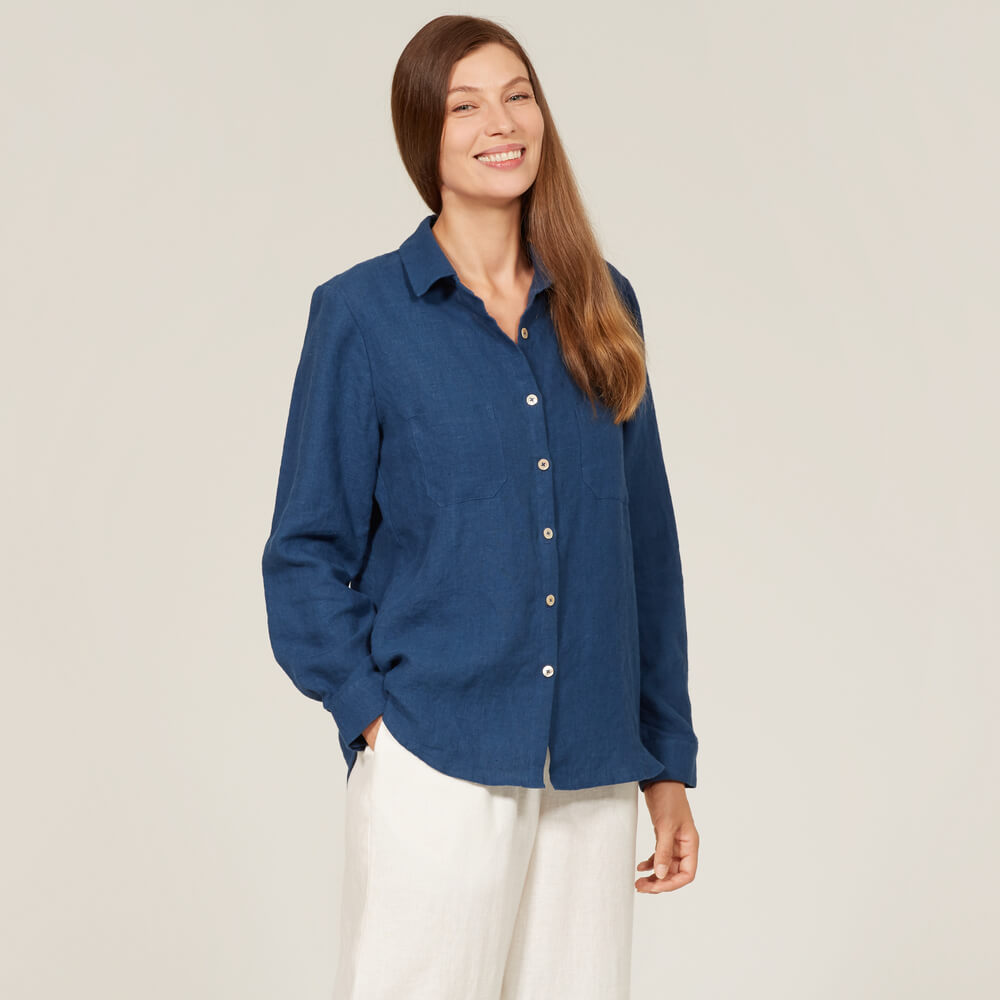

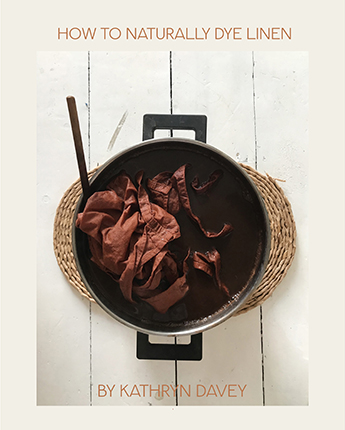
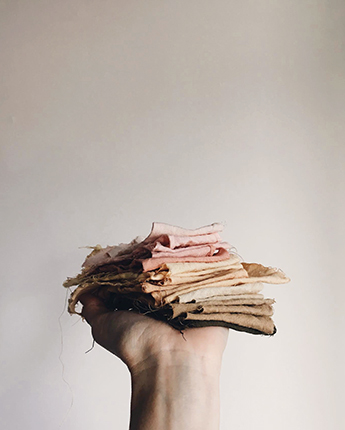

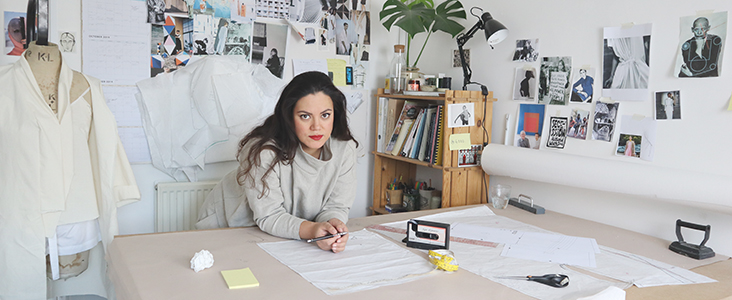
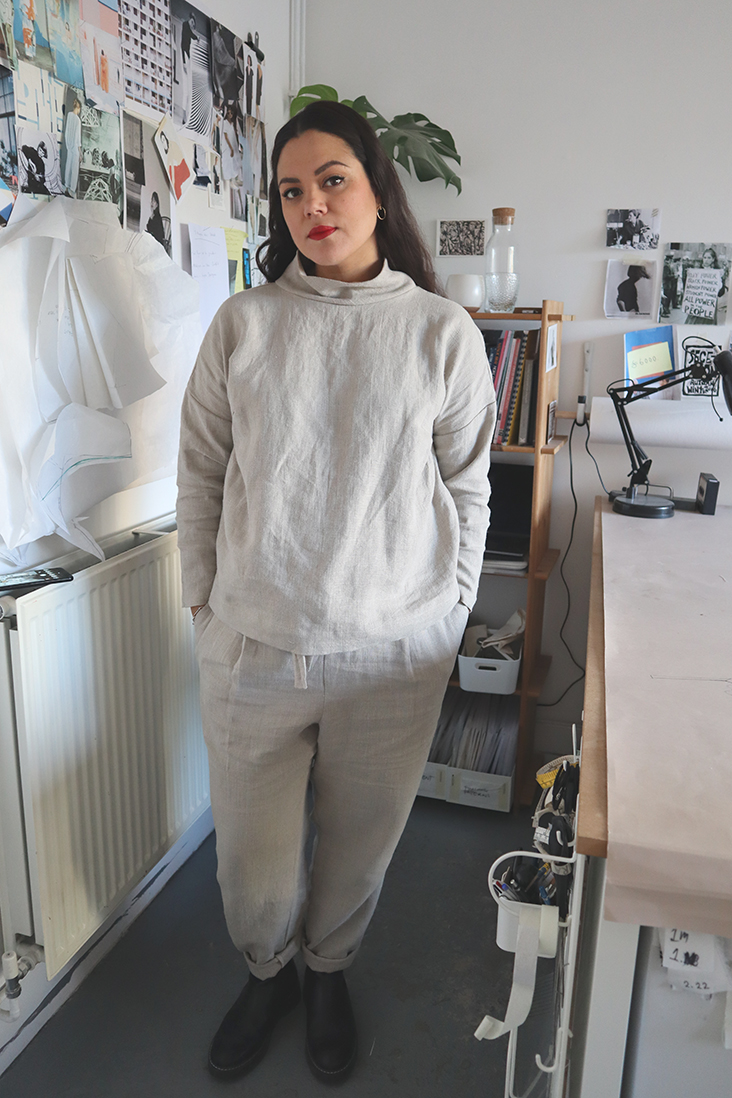
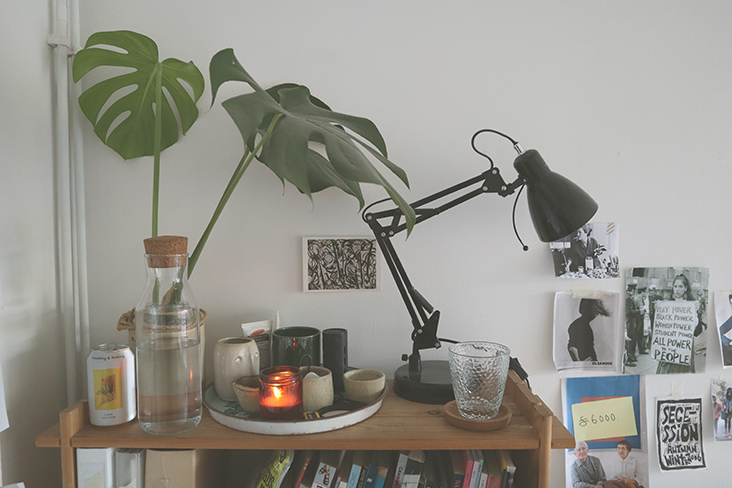
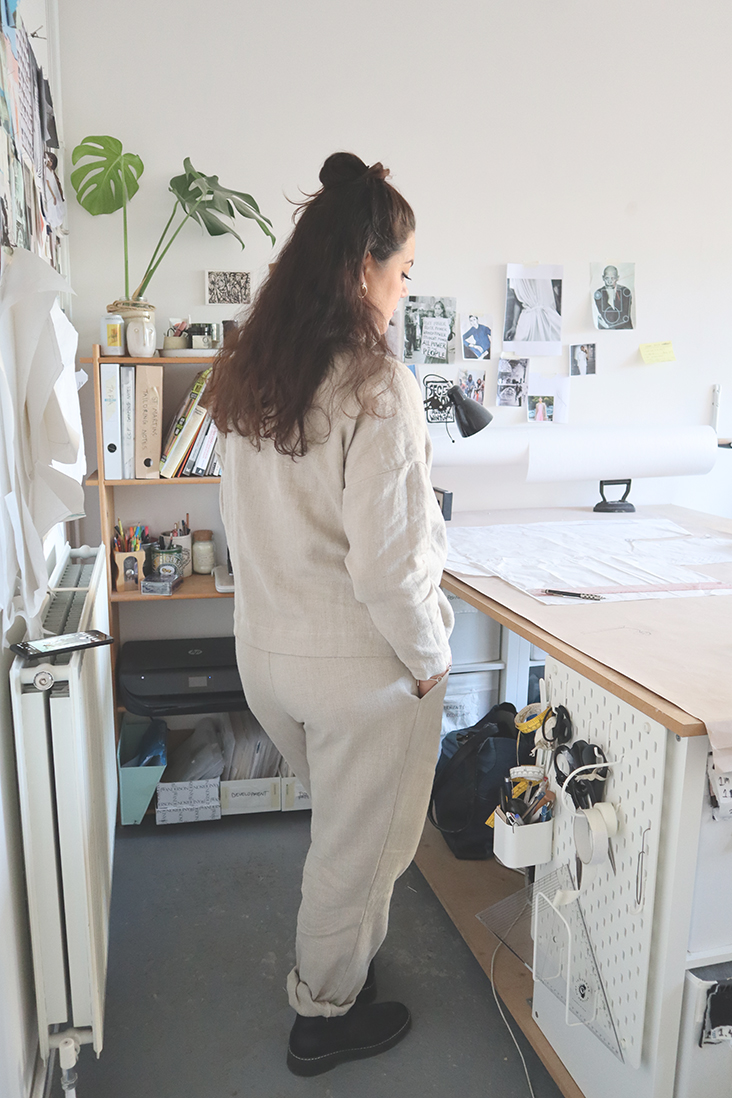
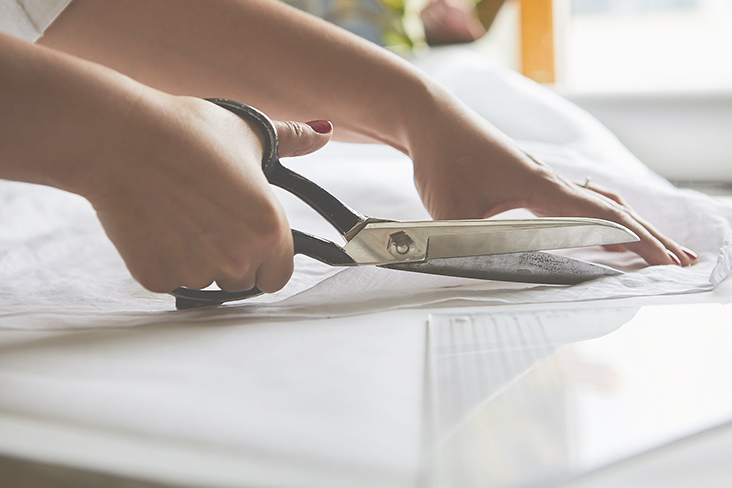
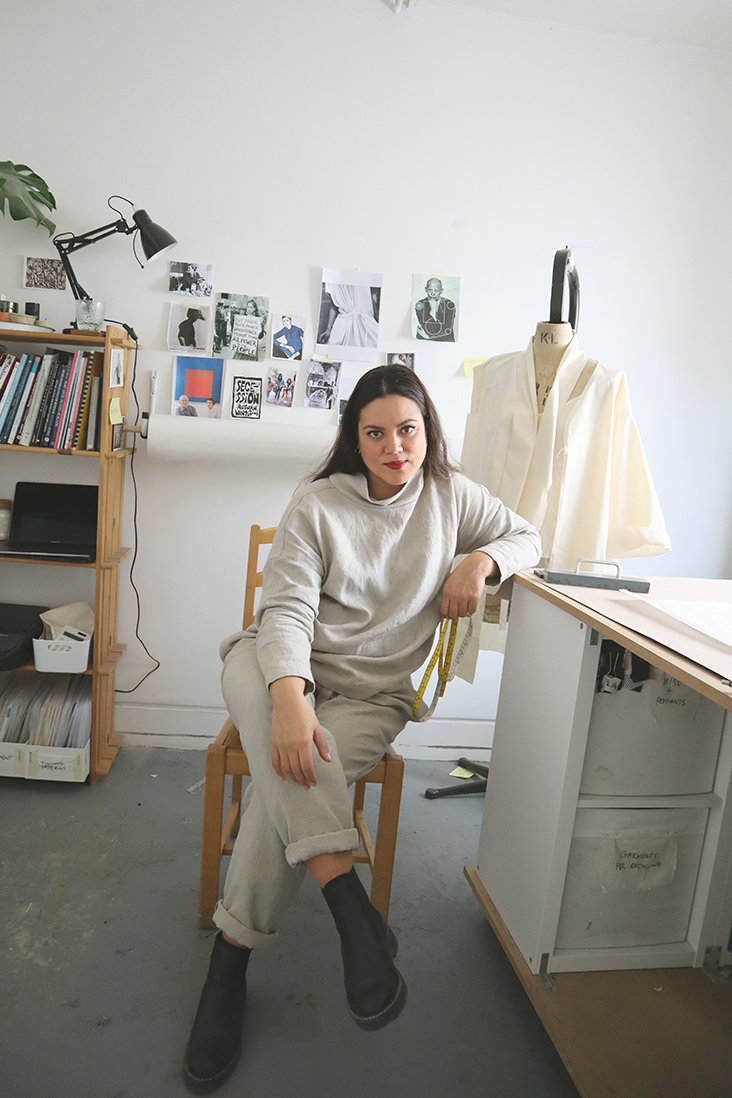
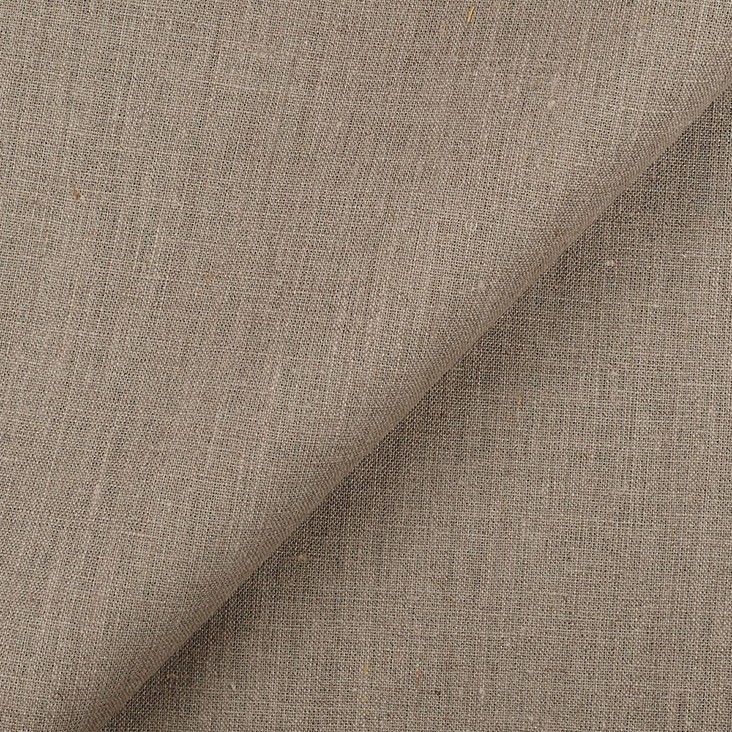
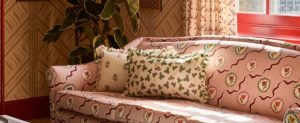
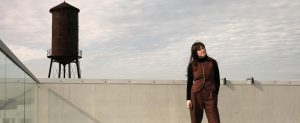
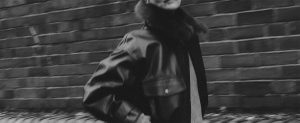
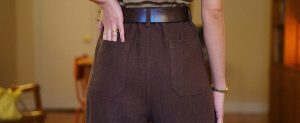


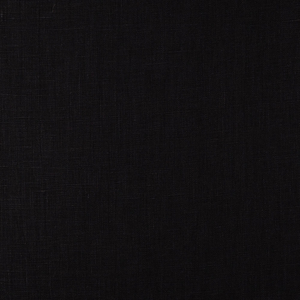
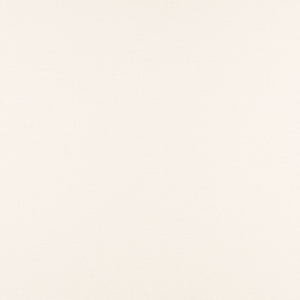
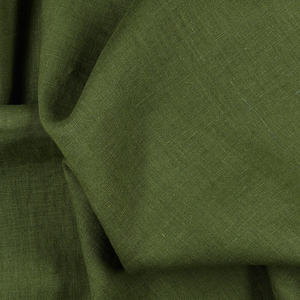
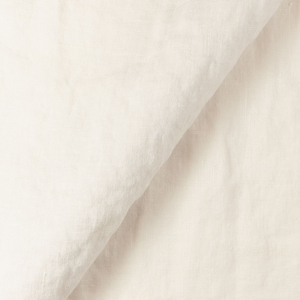
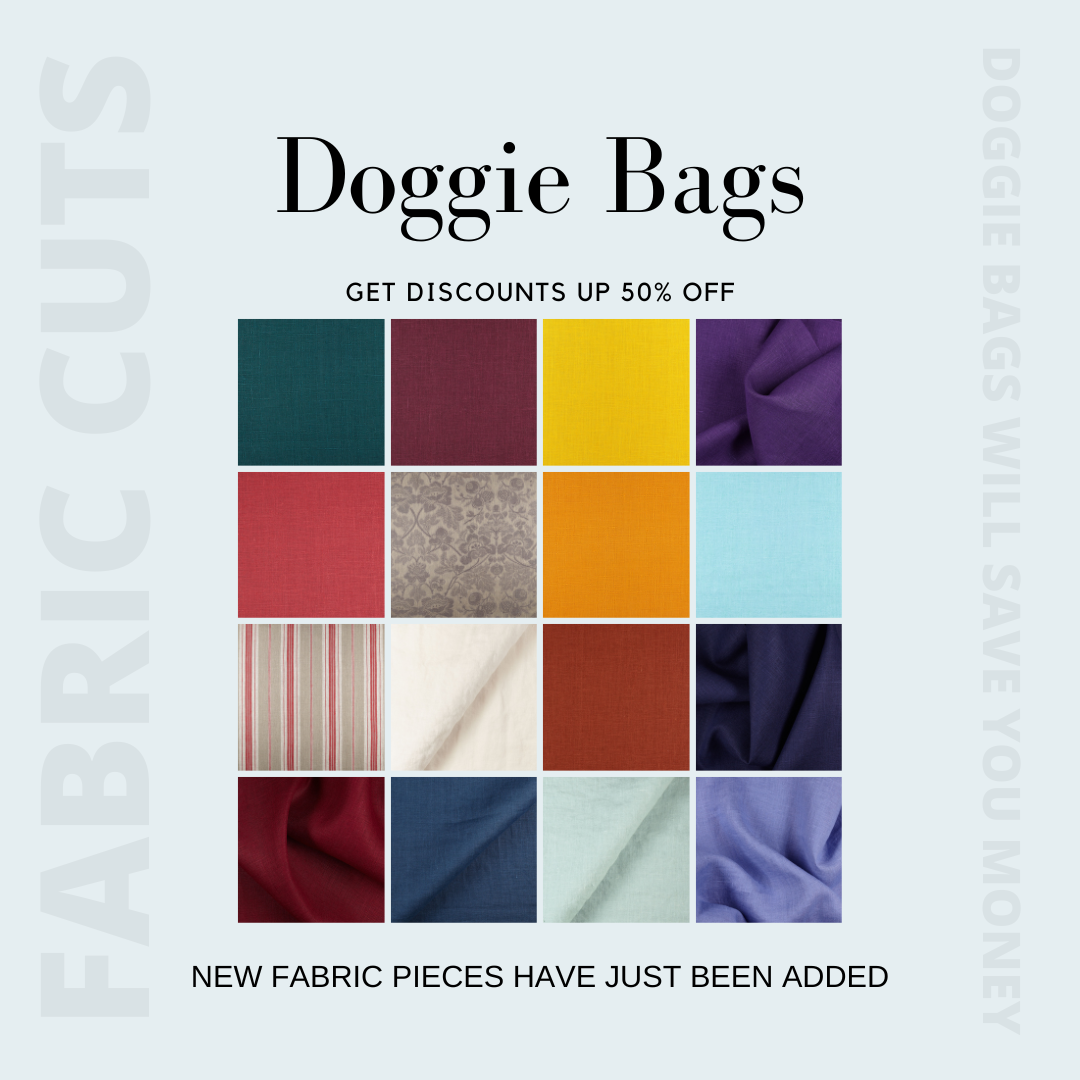



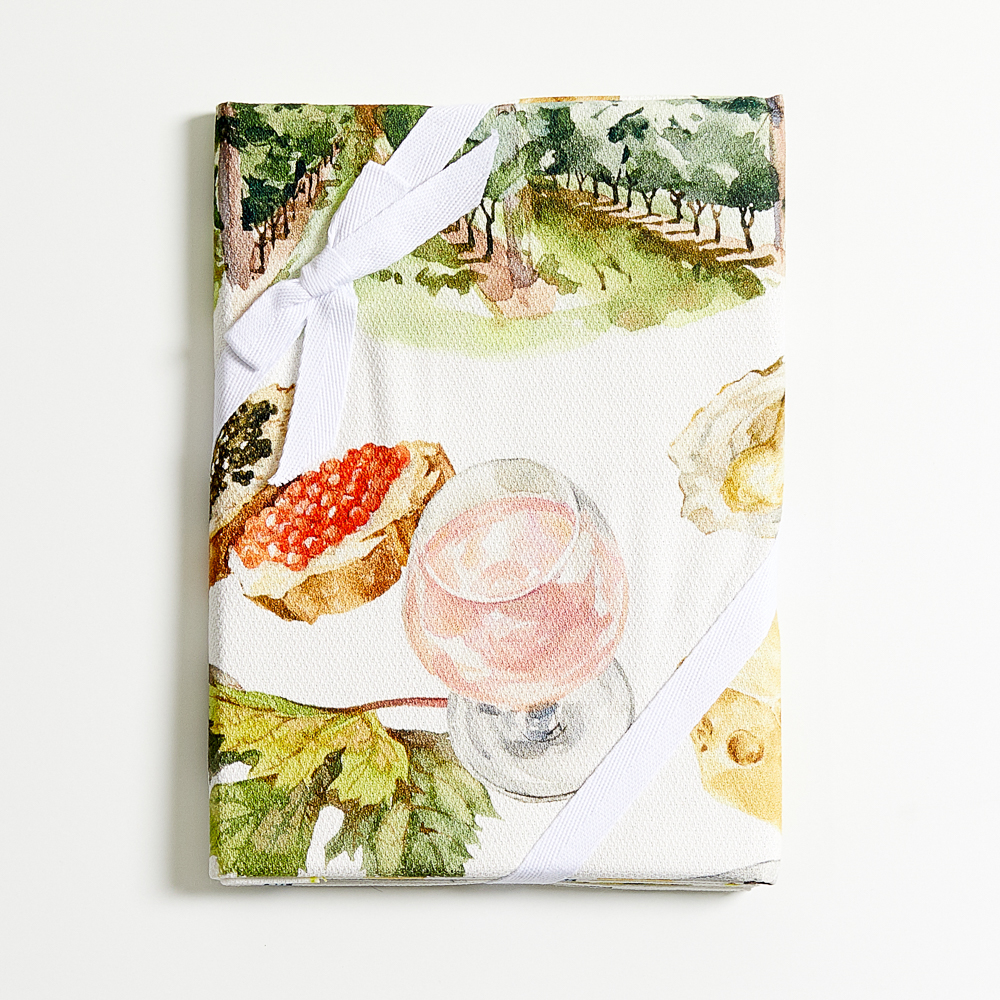

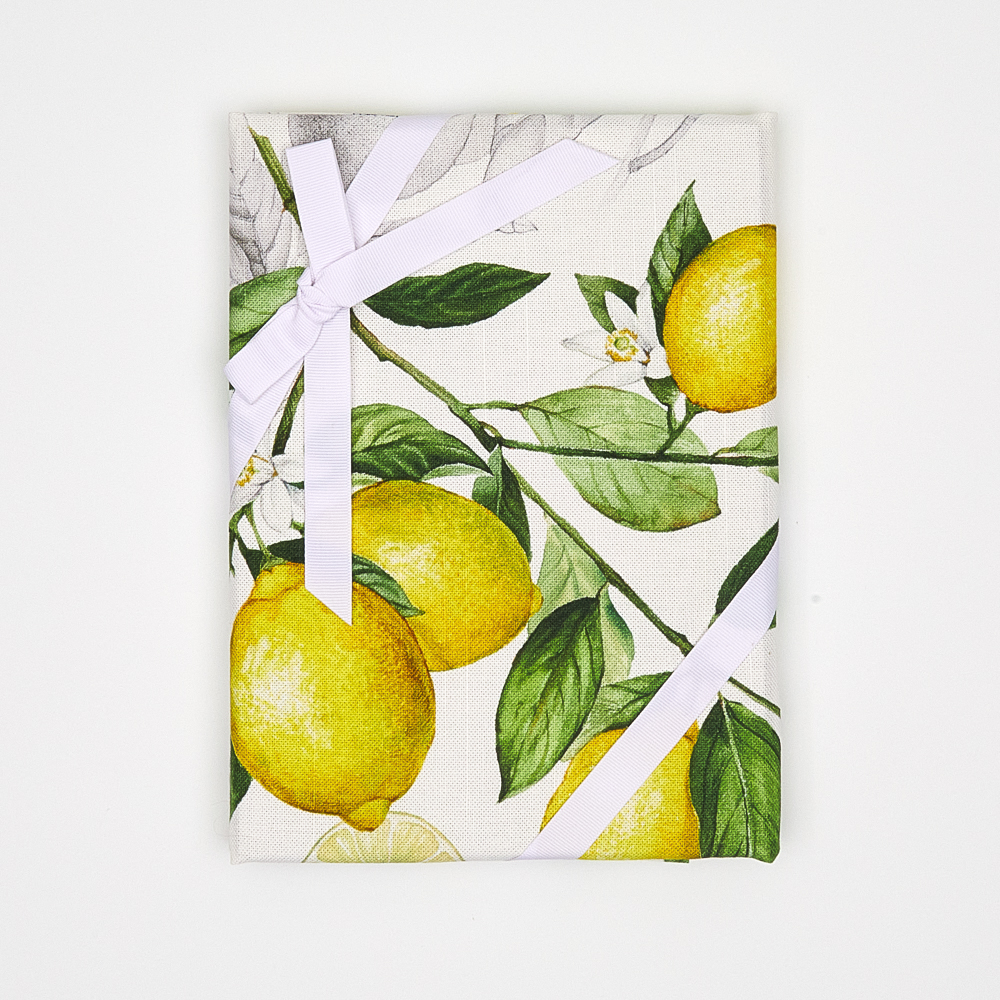
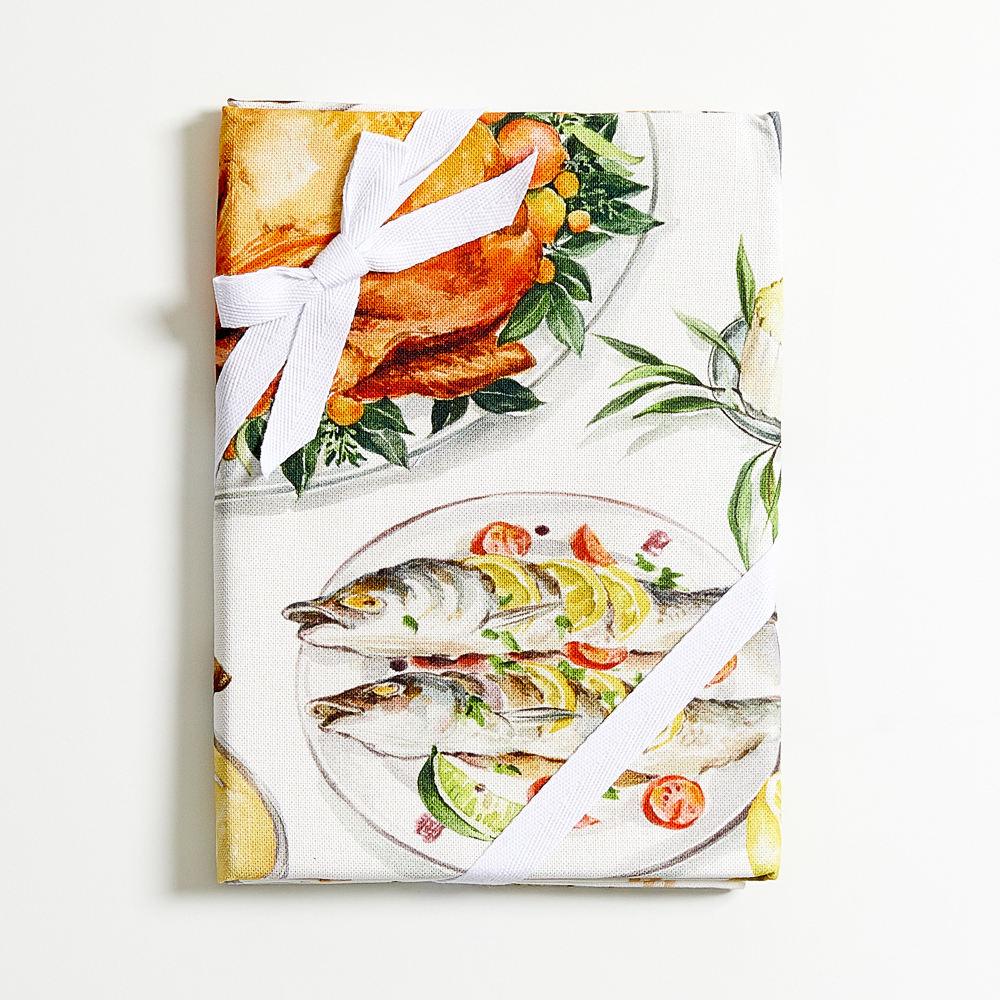
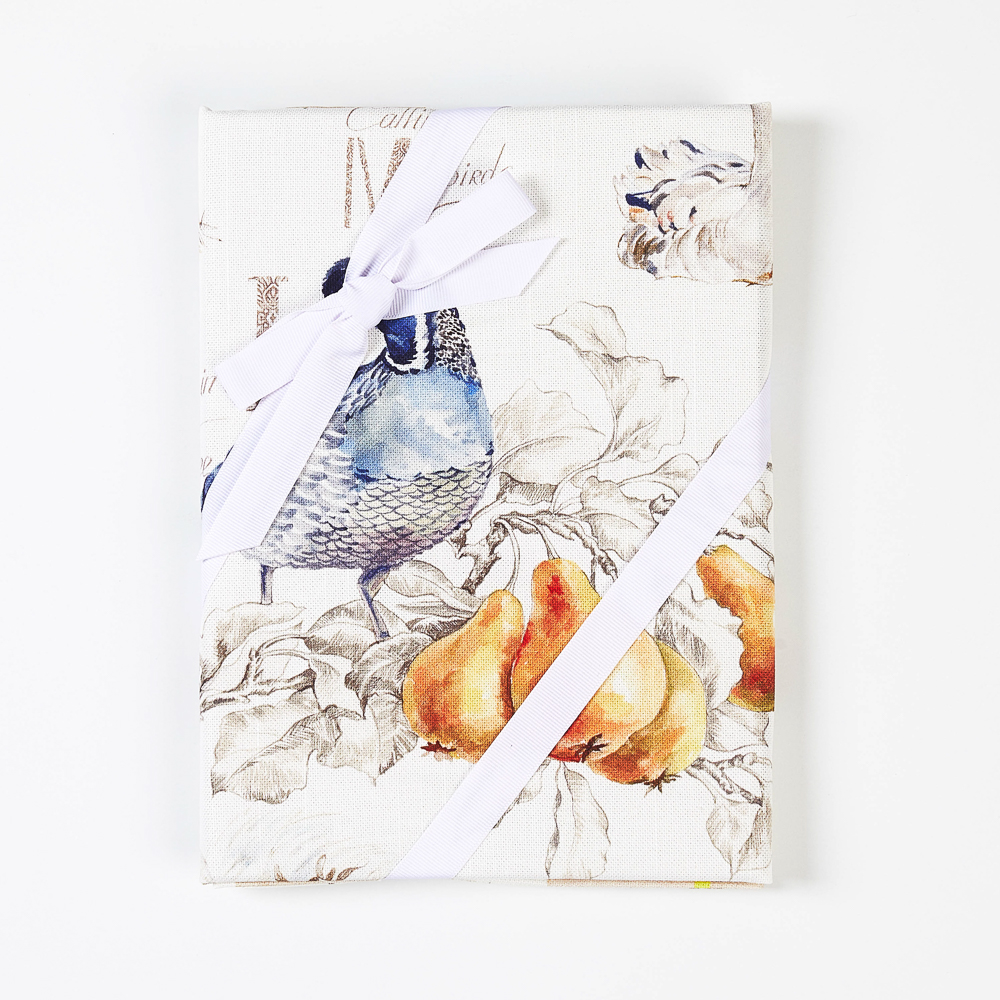

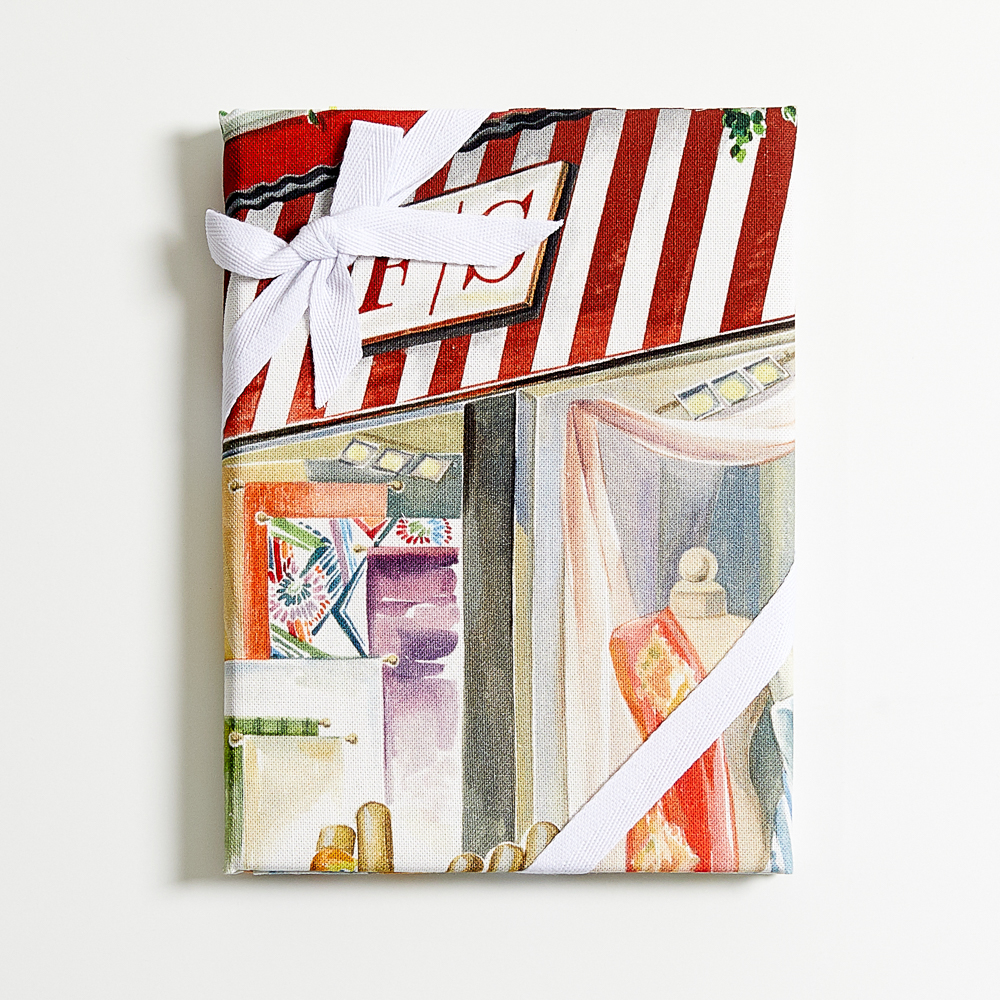

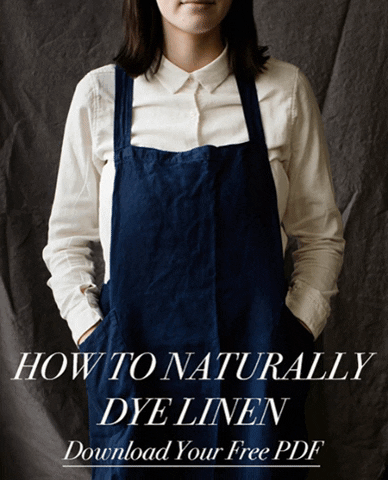
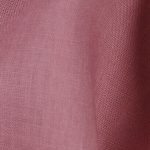
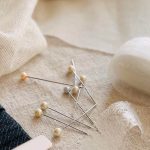
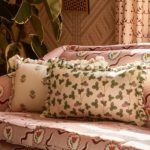
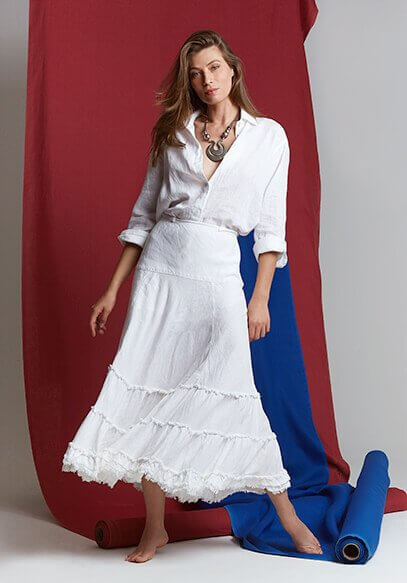
3 Comments
Toyomi Stinson
First off, congratulations on your upcoming addition. And secondly, for sticking to your values and esthetics. I have a few of your patterns and love their simplicity and clean lines. I’ll be making the Zadie jumpsuit for my daughter. Money isn’t everything and success is defined only by you. As a small home based business, I enjoy the collaboration of others in my industry. Much more success in the future. Now need to start working on that jumpsuit.
Noemi P
I love the pants and have been drawn to linen for the same desire to minimize waste through buying mostly thrifted items and sewing my own staples that I wear year after year. However, this statement stopped me in my tracks: YIKES. This is the type of very polarized and rigid thinking that will only lead to a more restrictive, less kind and less creative world. “The collapse of the planet
is a product of dysfunctional socioeconomic systems. I think these systems are upheld by
colonialism, capitalism, sexism and the like. I don’t think without some major system
changes we can achieve a truly sustainable planet. “
Diane Powers
What a wonderful article! And….Tara Viggo is an inspiration!! I am 71 years old and when I read your articles about all the beautiful and talented people, it inspires me. I have no idea where this inspiration will take me…but I certainly want the journey and I am having fun.. When I read these articles or even just look at your fabrics, I feel something stir in me…If only I had had that when I was younger!
Thank~you for your posts and wonderful fabrics
~Diane